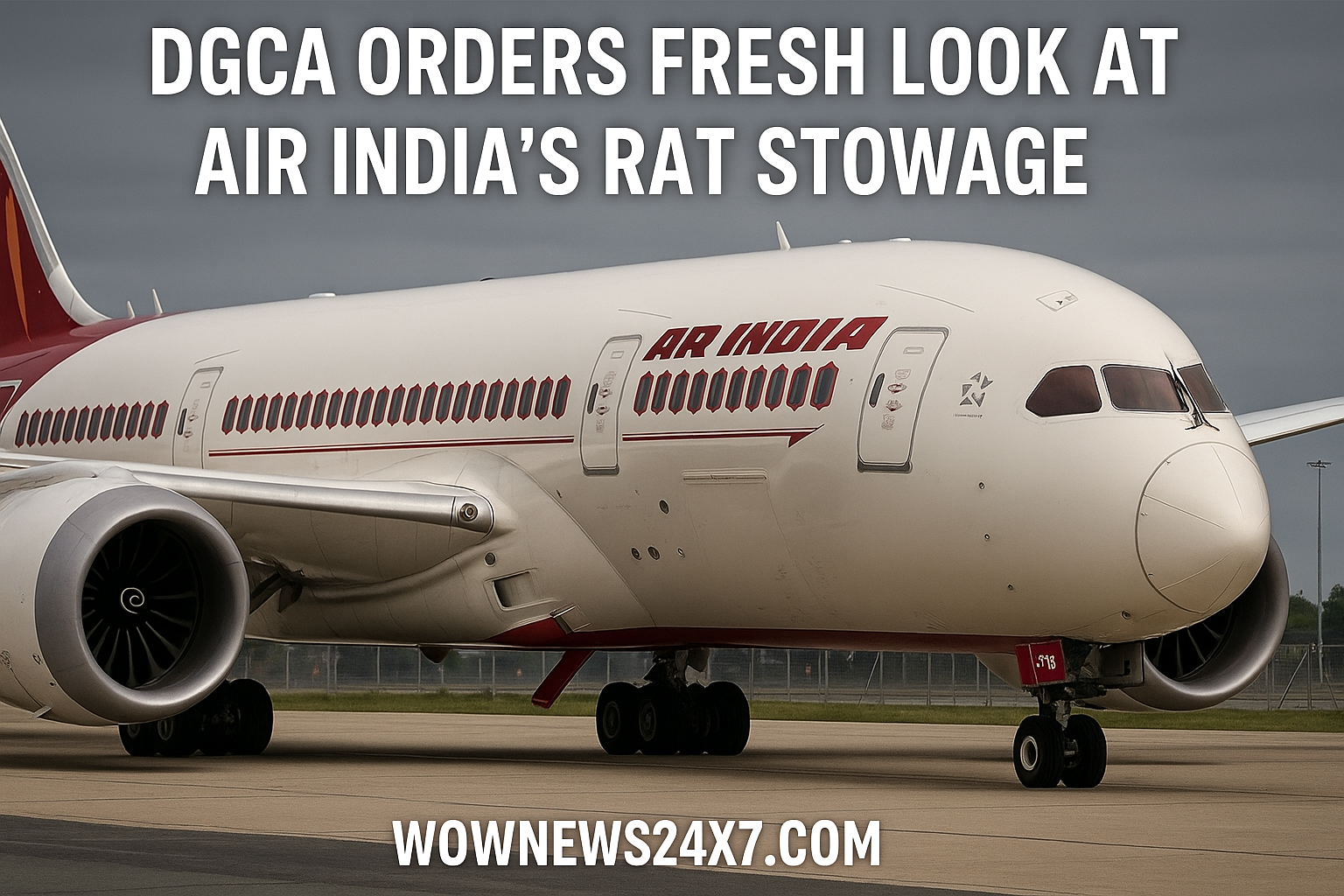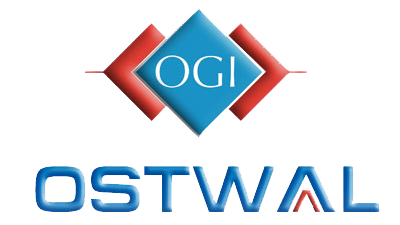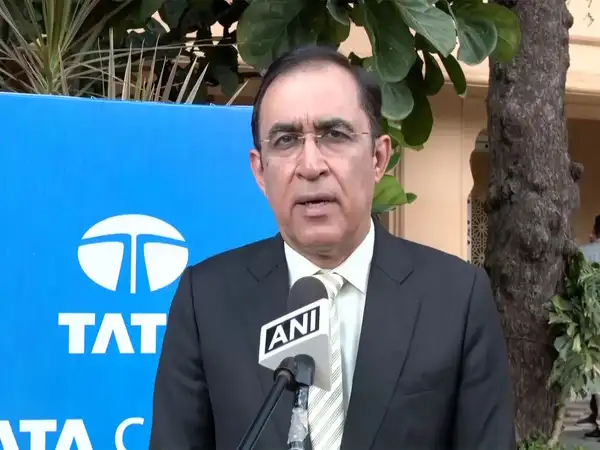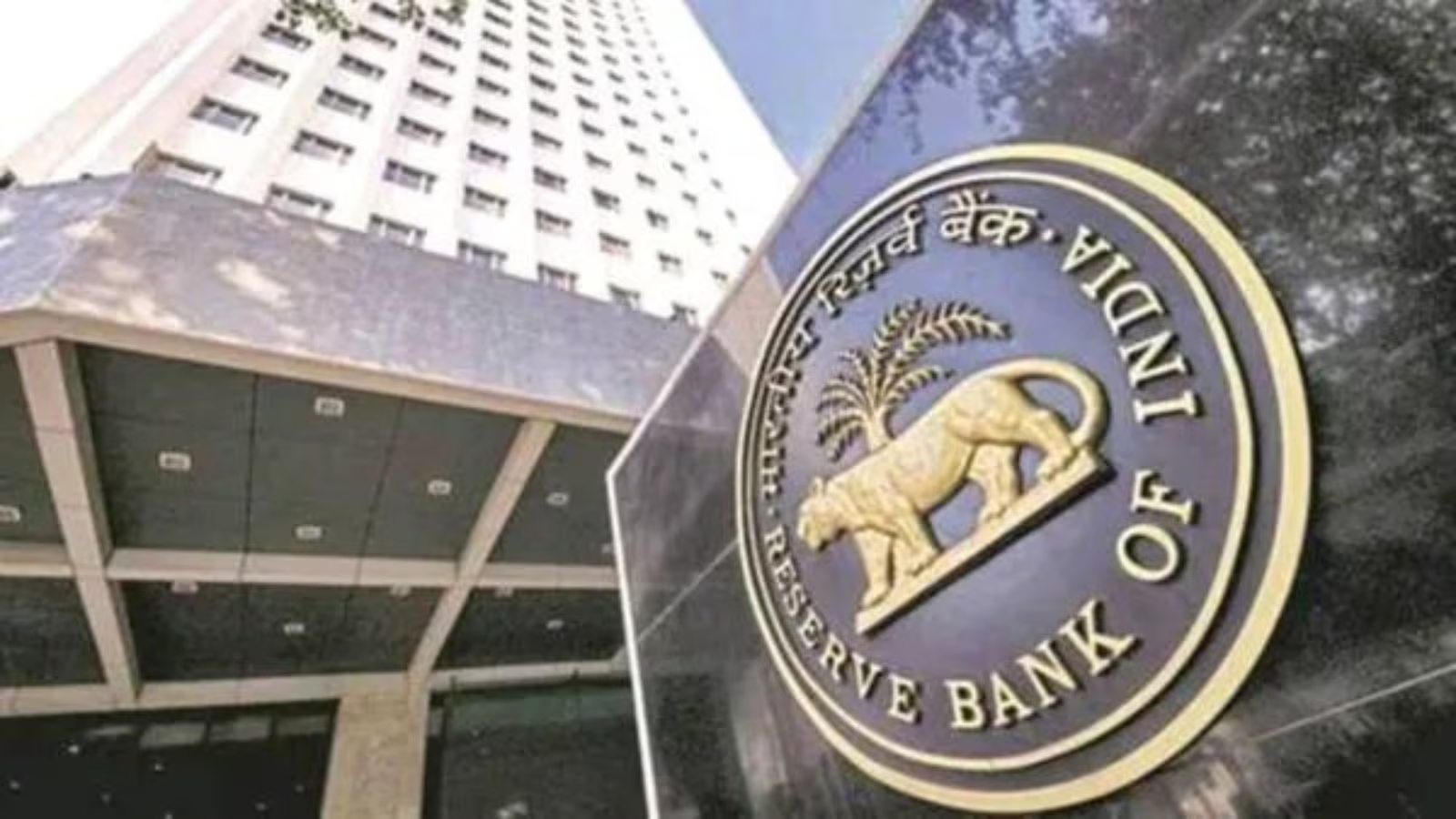India’s aviation regulator DGCA has directed Air India to reinspect the RAT emergency system stowage on all Boeing 787 aircraft whose Power Conditioning Module (PCM) was recently replaced. The move follows an uncommanded deployment of RAT during landing of Flight AI-117 from Amritsar to Birmingham on October 4, 2025, prompting further investigations and safeguarding measures.
The Directorate General of Civil Aviation (DGCA), India’s aviation safety authority, has issued a critical advisory to Tata Group-led Air India, instructing a comprehensive reinspection of the Ram Air Turbine (RAT) stowage system on all Boeing 787 aircraft that have undergone recent Power Conditioning Module (PCM) replacement. This directive arises from an unusual and serious incident on October 4, 2025, involving flight AI-117 from Amritsar to Birmingham, where the RAT deployed unexpectedly at approximately 400 feet during the aircraft’s final approach.
Key Highlights:
RAT Explained: The Ram Air Turbine is an emergency backup system, designed to deploy automatically when an aircraft experiences dual engine failure or total electrical/hydraulic system loss. It generates power using a small turbine that harnesses the aircraft’s forward motion to run critical flight systems and avionics.
Incident Details: The RAT deployment on Flight AI-117 was uncommanded and occurred without any reported electrical or hydraulic abnormalities. Despite the unexpected activation, the aircraft landed safely in Birmingham.
Regulator’s Response: DGCA’s advisory includes a review of Air India’s “D Check” maintenance procedures specifically related to PCM replacement, which manages power distribution to digital systems on Boeing 787 aircraft. This reinspection aims to identify any discrepancies that might cause unintended RAT deployment.
Global Inquiry: The DGCA has called on aircraft manufacturer Boeing to submit a comprehensive report detailing preventive actions for the RAT deployment issue, including data on similar incidents worldwide following PCM module changes.
Safety Context: This incident follows earlier safety concerns involving the Boeing 787 fleet, including a fatal crash in Ahmedabad earlier this year related to RAT deployment during an emergency.
Ongoing Investigations: Air India and DGCA continue to investigate the root cause of the uncommanded RAT activation, with close oversight to ensure passenger safety remains uncompromised.
This proactive regulatory intervention reflects India’s commitment to aviation safety and continuous improvement in maintaining cutting-edge aircraft operations.
Sources: DGCA, Air India, Boeing, The Hindu Business Line, Indian Express, NDTV





